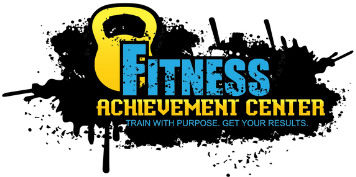Today we are going to talk about motor learning or learning movement pattern. We have all heard the same adage of “perfect practice makes perfect”, but in the realm of motor learning it is actually the exact opposite!
We are going to use three skills to learn as an example of our motor movements. We will use basketball. Our three skills are a three pointer, a free throw, and a lay up. Let’s just call these movements A, B, and C.
For example, we go out on the basketball court and practice each skill for an hour and we can practice skill A continually for an hour block, then skill B for an hour, and finally skill C for and hour. This is an example of blocked practice.
Second technique of practice, we could go out on the court and practice skill A and B back and forth for an hour. This is an example of random blocked practice.
Lastly, we could go out on the court and randomly practice A, B, and C with no order at all. This is an example of completely random practice.
